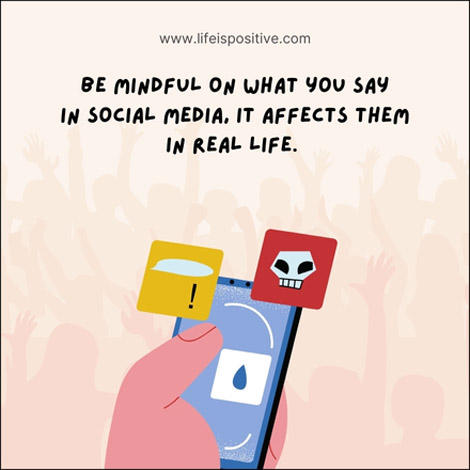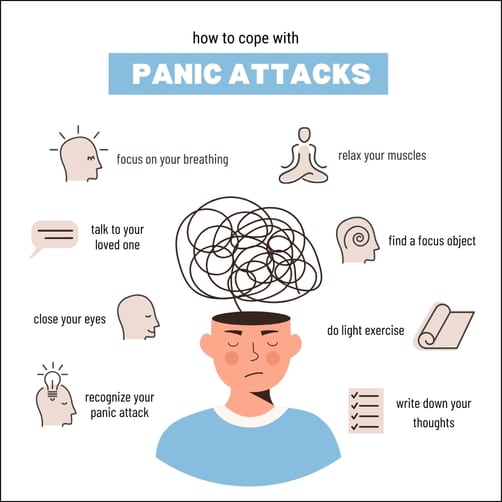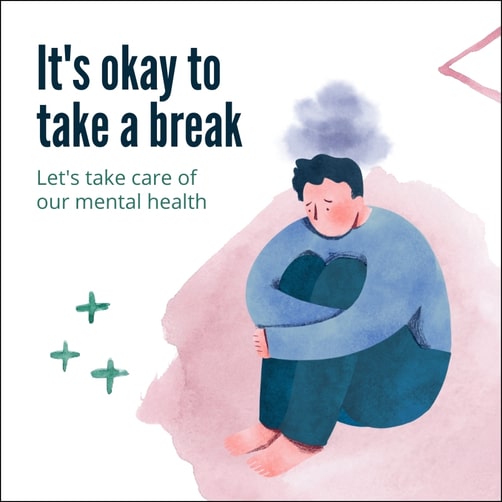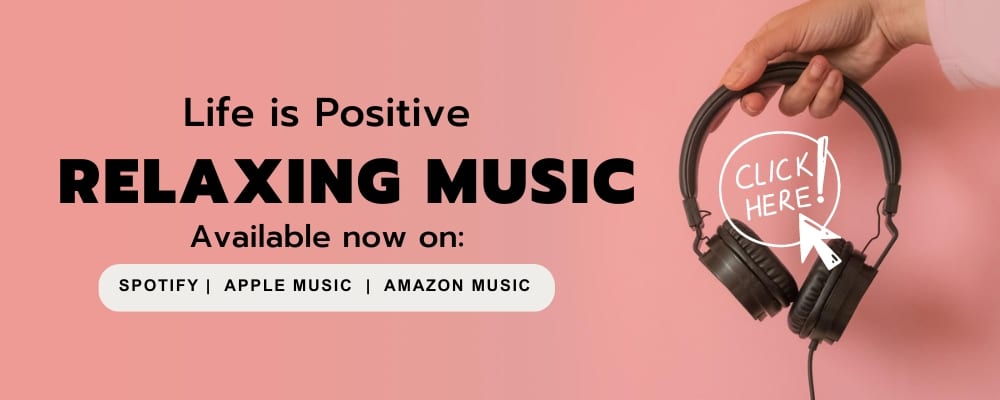|
Getting your Trinity Audio player ready...
|
Ever been on the receiving end of abusive words and brushed it off like no big deal? Think again! Abusive words aren’t just painful in the moment—they can have a lasting impact on your mental and physical health.
Stress, anxiety, low self-esteem, even heart problems—yes, words can cut deeper than we realize. Whether it’s workplace insults, online hate, or toxic relationships, constant negativity rewires your brain, making you more vulnerable to stress-related illnesses.
So, if words can heal, they can also harm. Let’s dive into the science of how verbal abuse messes with your well-being.
Abusive Words and Their Hidden Impact
Sticks and stones may break bones, but words? They leave scars you can’t see. Abusive words don’t just sting in the moment—they linger, shaping self-worth, stress levels, and even physical health.
Ever had one harsh comment replay in your mind all day? That’s because negativity rewires your brain, increasing stress, anxiety, and self-doubt. Studies show that repeated verbal abuse can lead to depression, insomnia, and even heart problems.
Whether it’s criticism from a boss, a snide remark from a friend, or online trolling, words hold power. It’s time we recognize their impact and choose to speak with kindness. After all, if words can hurt, they can also heal.
Read: 15 Abusive Partner Red Flags Signs
The Mind-Body Connection
Ever noticed how stress gives you headaches or how excitement makes your heart race? That’s the mind-body connection in action! What we think and feel directly affects our physical health.
Negative emotions—especially from constant exposure to abusive words—trigger stress hormones, weaken immunity and even lead to chronic issues like anxiety and high blood pressure. The brain and body are in constant conversation, meaning what we hear and say matters.
If abusive words can damage self-esteem and mental health, positive words can heal and uplift. So, next time you speak—to yourself or others—choose kindness. Your body will thank you!
Stress and Abusive Words
Stress and Abusive Words: A Toxic Combination
Stress is bad enough on its own, but throw in abusive words, and it becomes a double threat. Ever had someone’s harsh comment replay in your head all day? That’s because abusive words don’t just sting emotionally—they trigger real physical stress responses.
Your brain sees verbal attacks as threats, releasing stress hormones that increase anxiety, raise blood pressure, and weaken immunity.
Over time, this can lead to insomnia, depression, and even heart problems. Words hold power, and constant negativity rewires your mind for stress. The good news? Positive words can do the opposite. So, let’s choose kindness—it’s healthier!
Impact on Mental Health
Ever had a single comment ruin your entire day? That’s because words have power—especially abusive words. They don’t just hurt feelings; they shape self-esteem, trigger anxiety, and even lead to depression.
When exposed to constant negativity, the brain starts believing it, rewiring itself for stress and self-doubt.
Abusive words, whether from a toxic boss, a critical partner, or online trolls, can fuel mental health struggles like low confidence, panic attacks, and insomnia.
But here’s the good news: just as negativity harms, positivity heals. Choosing kindness—both in what we hear and what we say—can transform mental well-being.
Abusive Words in Relationships
Love should feel safe, but when abusive words enter a relationship, they leave invisible scars. Harsh criticism, constant belittling, or sarcastic jabs may seem small at first, but over time, they erode self-esteem and create emotional distress.
Studies show that verbal abuse can be just as damaging as physical abuse, leading to anxiety, depression, and self-doubt. The worst part? Many don’t even realize they’re trapped in a toxic cycle until the damage is done.
If abusive words are replacing respect and kindness, it’s time to set boundaries. Healthy relationships thrive on encouragement, not insults—choose words that uplift, not harm.
Read: How To Break The Cycle of Toxic Relationships
Breaking the Cycle
Abusive words have a way of sticking—reshaping self-worth, fueling anxiety, and creating toxic cycles that pass from one generation to the next. If you grew up hearing negativity or are stuck in relationships filled with harsh criticism, breaking free might feel impossible.
But here’s the truth: you have the power to change the narrative. Recognizing the impact of abusive words is the first step. Setting boundaries, practicing self-love, and surrounding yourself with positivity can help rewrite the script.
Words shape reality—so choose ones that heal, not harm. The cycle ends when we decide to speak with kindness and respect.
The Power of Self-Compassion
We’re often our own worst critics, but imagine if you spoke to a friend the way you talk to yourself. Ouch, right? Negative self-talk can be just as harmful as abusive words from others, chipping away at confidence and fueling anxiety.
Self-compassion is the game-changer. Instead of tearing yourself down, try speaking with kindness, the way you would to someone you love. Research shows that self-compassion reduces stress, boosts resilience, and improves mental health.
If abusive words—whether from yourself or others—have taken a toll, it’s time to rewrite the script. Be patient, be kind, and watch yourself thrive!
Healthy Communication
Ever walked away from a conversation feeling drained? That’s the power of words—used right, they build bridges; used wrong, they burn them. Healthy communication isn’t just about talking; it’s about listening, understanding, and choosing words that uplift rather than tear down.
Abusive words, whether in frustration or habit, can damage relationships and self-esteem. Over time, they create walls instead of connections. The key? Pause before speaking, express feelings with honesty but kindness, and listen with an open mind.
If abusive words have been the norm, it’s never too late to change. Speak with respect, and watch relationships thrive!
Read: 10 Healing Quotes That Will Brighten Your Day
Final Thoughts: The Path to Healing
Healing isn’t a straight line, especially when you’re dealing with the scars left by abusive words. These words can cut deeper than you think, leaving emotional wounds that linger long after the conversation ends. But here’s the thing—those words don’t define you. The path to healing starts with acknowledging the pain, but it doesn’t stop there.
Self-care and self-love are your best allies on this journey. Surround yourself with positive affirmations, supportive people, and activities that uplift you. Remember, the power to heal is within you, and it’s all about rebuilding your sense of self-worth.
Forgiveness, both for yourself and others, plays a key role. Abusive words might have left a mark, but you have the strength to rise above them. With time, the healing will come—stronger, braver, and more resilient than before. Keep walking the path; you’re not alone in this.
For more empowering content, connect with our vibrant community here ➡️ Social Media.




